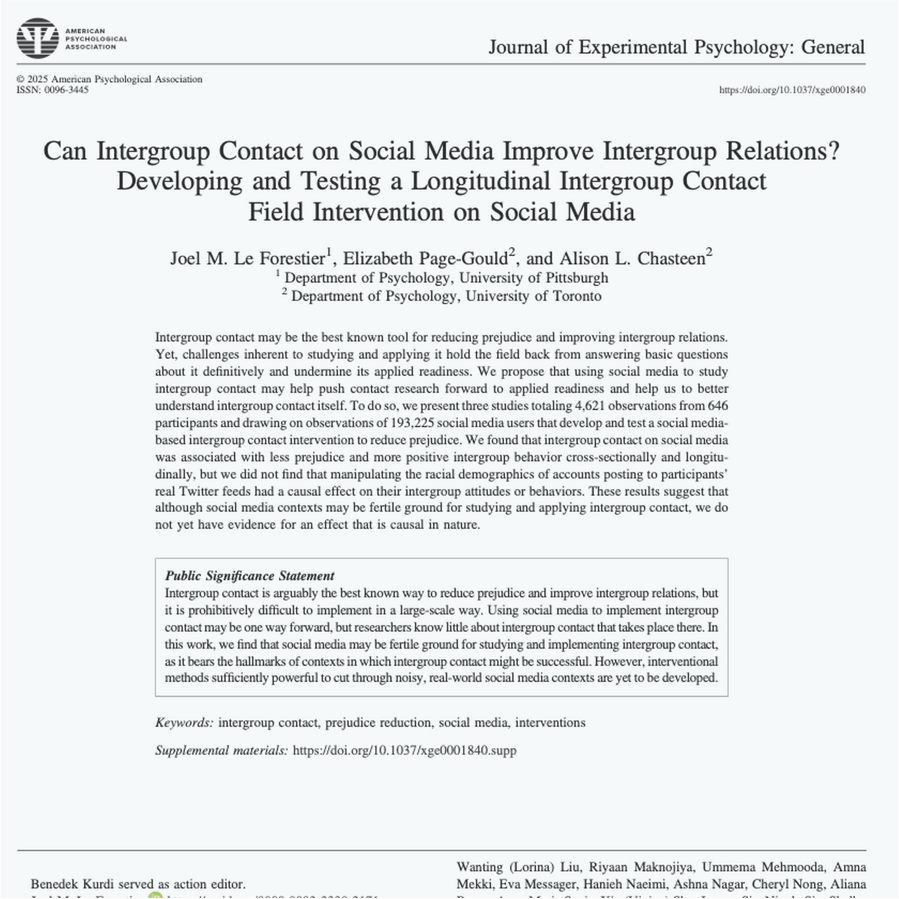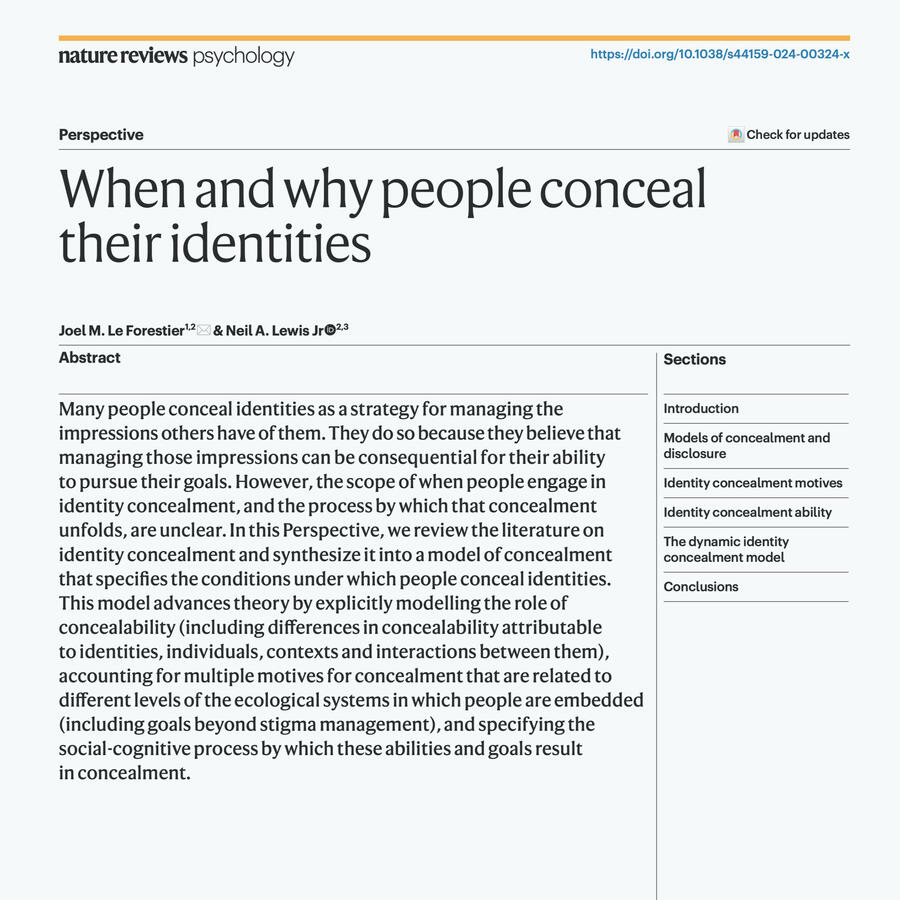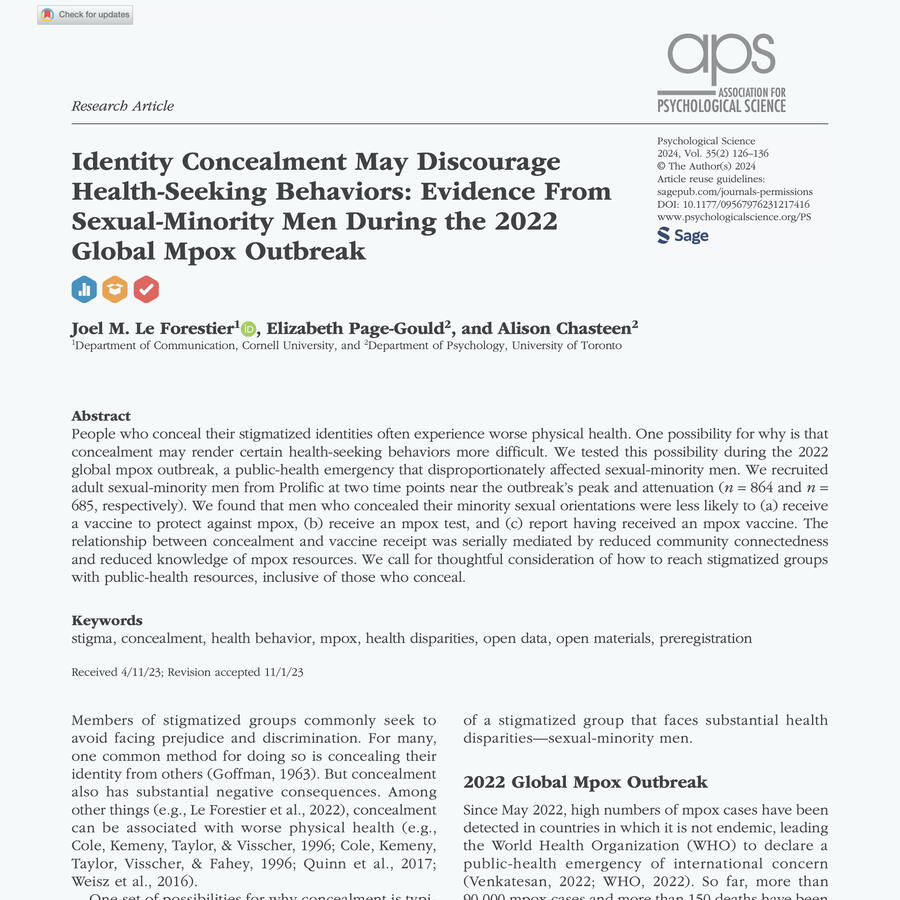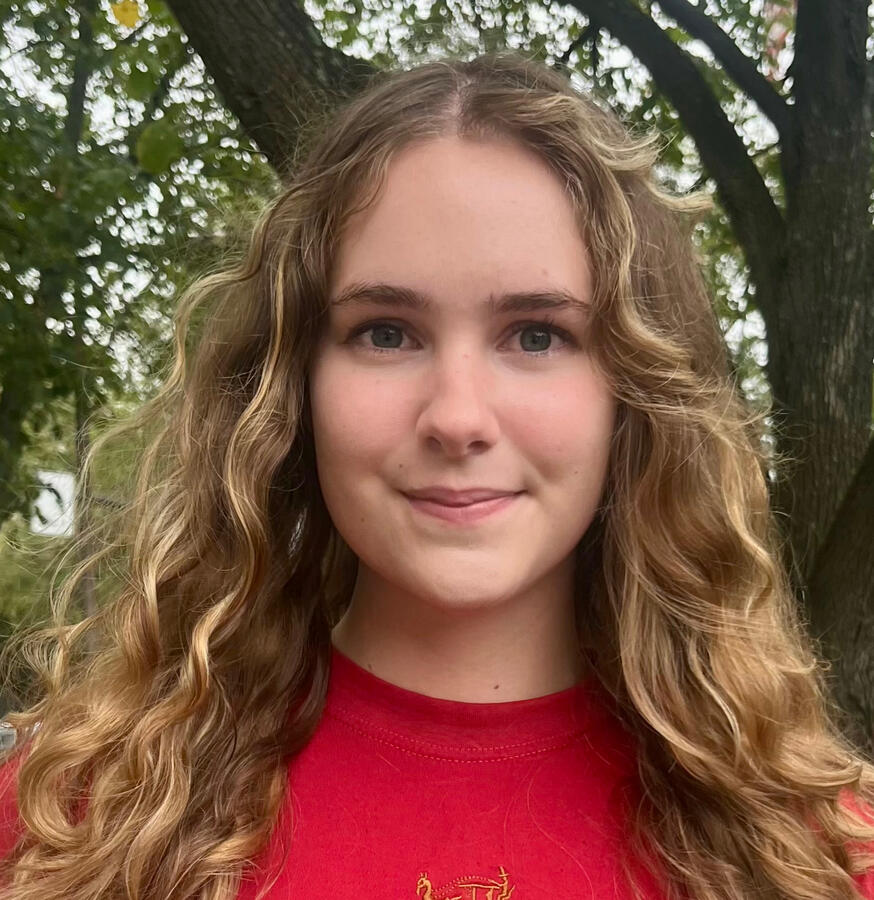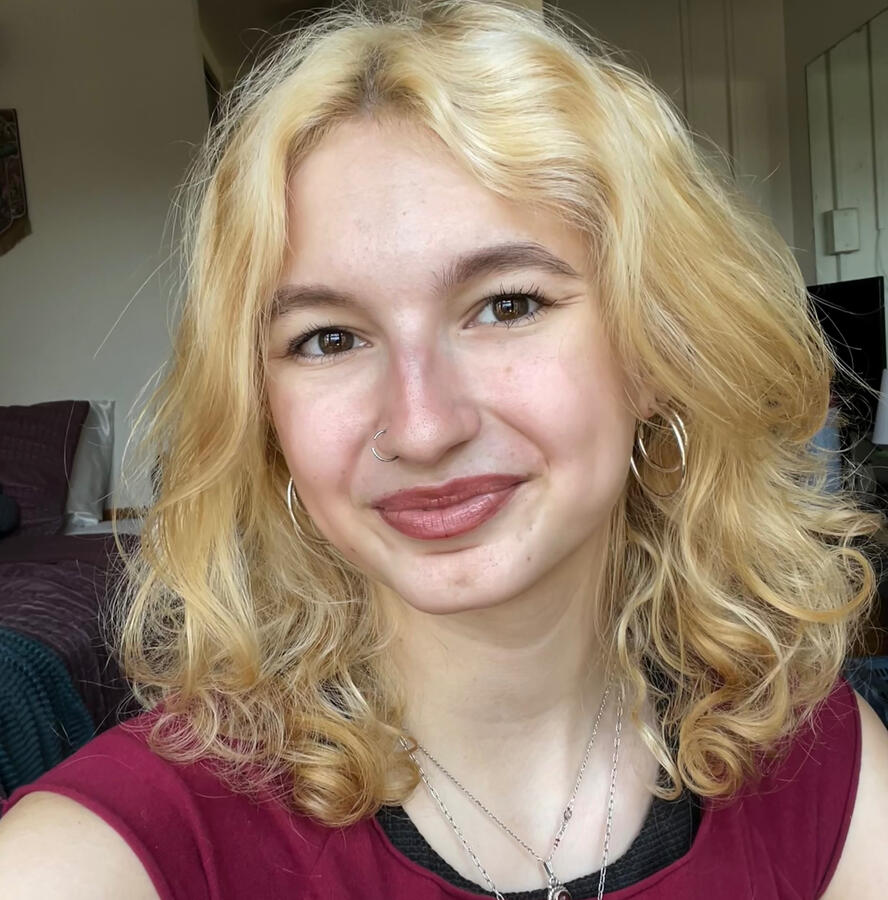Identity & Intergroup Relations Lab
University of Pittsburgh
Research
In the Identity & Intergroup Relations Lab, we study how people experience and navigate intergroup contexts and how to intervene to improve intergroup relations and minimize group-based disparities in wellbeing.
How do People Experience and Navigate Intergroup Contexts?
For members of many stigmatized groups, tools like identity concealment and code-switching are are common and consequential methods for managing the stigma they may face. In our lab, we study the full scope of when and why people use tools like these to help them navigate intergroup contexts. In this work, we build from the idea that people’s intergroup experiences are best understood in context and that explanations that use static identities as units of explanation do not adequately capture these experiences.
What are the Consequences of People’s Strategies for Navigating Intergroup Contexts?
Many people who conceal their identities do so to avoid facing the consequences of stigma and to be perceived as belonging. We have found that concealment may achieve this goal in some cases; people whose identities are more concealable report experiencing less prejudice, intergroup anxiety, and social identity threat. As a result, they are also more comfortable initiating intergroup interactions and ultimately have more diverse social networks. At the same time, concealment can also carry steep costs. These costs can be interpersonal in nature; we have found that when someone is perceived to be concealing an identity, they are judged as immoral and unsociable, receive less social support, and more. These costs can also be personal in nature; we have found that concealing stigmatized identities is associated with worse mental and physical health, possibly because it denies them access to the many health benefits otherwise yielded by having positive, supportive relationships.
How can we Reduce Group-Based Disparities?
Compared to dominant groups, many stigmatized groups face disparities in health, wellbeing, education, and career success that are vast and persistent. In our research, we learn about the social-psychological sources of these disparities and try to address them. For example, some of our ongoing work seeks to limit physical health disparities experienced by some stigmatized groups by capitalizing on what we have learned about why concealment undermines physical health. In collaborative work, we have also applied principles of social belonging to improve the experiences and outcomes of students from historically marginalized groups in higher education.
How can we Improve Intergroup Relations?
In our lab, we investigate the best ways to reduce prejudice and improve intergroup relations. This includes developing more naturalistic, scalable, and sustainable prejudice-reduction interventions, conducting large-scale comparative studies of prejudice reduction interventions, and testing assumptions about which intergroup goals prejudice reductions does and does not accomplish.
Publications
Featured Publications

Can Intergroup Contact on Social Media Improve Intergroup Relations? Developing and Testing a Longitudinal Intergroup Contact Field Intervention on Social Media
Journal of Experimental Psychology: General
When and Why People Conceal Their Identities
Nature Reviews Psychology
Identity Concealment May Discourage Health-Seeking Behaviors: Evidence from Sexual-Minority Men During the 2022 Global Mpox Outbreak
Psychological Science
Published or In Press
SCORE Collaboration (Accepted). Investigating the replicability of the social and behavioral sciences. Nature
Le Forestier, J. M., Page-Gould, E., & Chasteen, A. L. (In press). Can intergroup contact on social media improve intergroup relations? Developing and testing a longitudinal intergroup contact field intervention on social media. Journal of Experimental Psychology: General. DOI: 10.1037/xge0001840
Le Forestier, J. M., Lassetter, B. & Neel, R. (In press). Ingroup relevance appraisals: Structure and correlates of perceiving threats and opportunities from ingroups. Social Cognition.
Le Forestier, J. M., Page-Gould, E., Skakoon-Sparling, S., & Chasteen, A. L. (In press). Experiences of stigma among sexual minority men during the 2022 global mpox outbreak. Psychology of Sexual Orientation and Gender Diversity. DOI: 10.1037/sgd0000739
Lewis, N. A. & Le Forestier, J. M. (In press). Research considerations for fostering and evaluating diversity, equity, and inclusion initiatives in organizations. In V. Esses, J. Dovidio, J. Jetten, D. Sekaquaptewa, & K. West (Eds.), The Sage Handbook of Psychological Perspectives on Diversity, Equity, and Inclusion.
Lai, C. K. & Le Forestier, J. M. (2025). A comparative investigation of interventions to reduce anti-fat prejudice across five implicit measures. Journal of Experimental Psychology: General, 154, 1334-1350. DOI: 10.1037/xge0001719
Le Forestier, J. M., Page-Gould, E., & Chasteen, A . L. (2025). Which identities are concealable? Individual differences in concealability. Personality and Social Psychology Bulletin, 51, 775-793. DOI: 10.1177/01461672231198162
Winner of the Society for Personality and Social Psychology Student Publication Award
Bartels, M., Le Forestier, J. M., Hug, A., Morgenroth, T., & Roselló-Peñaloza, M. (2024). The influence of essentialist and social constructionist notions on perceptions of “realness”: Implications for LGBTIQ+ experiences. Journal of Social Issues, 80, 843-870. DOI: 10.1111/josi.12642
Le Forestier, J. M. & Lewis, N. A. (2024). When and why people conceal their identities. Nature Reviews Psychology, 3, 489-498. DOI: 10.1038/s44159-024-00324-x
Khudiakova, V., Le Forestier, J. M., & Chasteen, A. L. (2024). To mask or not to mask: The role of concealability beliefs, concealment behaviors, and community connectedness in autistic people’s mental health. Neurodiversity. DOI: 10.1177/27546330241255121
Le Forestier, J. M., Page-Gould, E., & Chasteen, A . L. (2024). Identity concealment may discourage health-seeking behaviors: Evidence from sexual minority men during the 2022 global mpox outbreak. Psychological Science, 35, 126-136. DOI: 10.1177/09567976231217416
Le Forestier, J. M., Chan, E. W., Shephard, R., Page-Gould, E., & Chasteen, A . L. (2024). Why is concealment associated with health and wellbeing? An investigation of potential mechanisms. Social Science & Medicine, 344, 1-12. DOI: 10.1016/j.socscimed.2023.116529
Walton, G. M., Murphy, M. C., Logel, C., Yeager, D. S., Parker Goyer, J., Brady, S. T., Emerson, K. T. U, Panesku, D., Fotuhi, O., Blodorn, A., Boucher, K. L., Carter, E., Gopalan, M., Henderson, A., Kroeper, K. M., Murdock-Perriera, L. A., Reeves, S. L., Ablorh, T. T., Ansari, S., Chen, S., Fisher, P., Galvan, M., Kawakami Gilbertson, M., Hulleman, C. S., Le Forestier, J. M., Lok, C., Mathias, K., Muragishi, G. A., Netter, M., Ozier, E., Smith, E. N., Thoman, D. B., Williams, H. E., Wilmot, M. O., Hartzog, C., Li, X. A., & Krol, N. (2023). Where and with whom does a brief social-belonging intervention promote progress in college? Science, 380, 499-505. DOI: 10.1126/science.ade4420
Le Forestier, J. M., Page-Gould, E., & Chasteen, A . L. (2022). Concealment stigma: The social costs of concealing. Journal of Experimental Social Psychology, 101, 1-13. DOI: 10.1016/j.jesp.2022.104340
Ekstrom, P., Le Forestier, J. M., & Lai, C. K. (2022). Racial demographics explain the link between racial disparities in traffic stops and county-level racial attitudes. Psychological Science, 33, 497-509 DOI: 10.1177/09567976211053573
Le Forestier, J. M., Page-Gould, E., Lai, C. K., & Chasteen, A. L. (2022). Subjective identity concealability and the consequences of fearing identity-based judgment. Personality and Social Psychology Bulletin, 48, 445-462. DOI: 10.1177/01461672211010038
Chasteen, A. L., Schiralli, J. E., Le Forestier, J. M., & Erentzen, C. (2022). Age stereotypes and ageism as facets of subjective aging. In Y. Palgi, A. Shrira, & M, Diehl (Eds.), Subjective views of aging: Theory, research, and practice. New York, NY: Springer. DOI: 10.1007/978-3-031- 11073-3_13
Logel, C., Le Forestier, J. M., Witherspoon, E. B., & Fotuhi, O. (2021). A social-belonging intervention benefits higher-weight students' weight stability and academic achievement. Social Psychological and Personality Science, 12, 1048-1057. DOI: 10.1177/1948550620959236
Le Forestier, J. M., Page-Gould, E., Lai, C. K., & Chasteen, A. L. (2020). Concealability beliefs facilitate navigating intergroup contexts. European Journal of Social Psychology, 50, 1210-1226. DOI: 10.1002/ejsp.2681
Chasteen, A. L., Bergstrom, V. N. Z., Schiralli, J. E., & Le Forestier, J. M. (2019). Age stereotypes. In D. Gu & M. E. Dupre (Eds.), Encyclopedia of gerontology and population aging. New York, NY: Springer. DOI: 10.1007/978-3-319-69892-2_584-1
Under Review or Revision
Le Forestier, J. M., Lewis, N. A., Thai, S., & Waters, K. (Under review). Experience sampling the presentation of self in everyday life.
Le Forestier, J. M. & Lewis, N. A. (Under review). When concealment might undermine health: Evidence from health behavior surveys and experiments.
You, Z., Page-Gould, E., Thai, S., & Le Forestier, J. M. (Under review). The psychological boundaries of political groups. DOI: 10.31234/osf.io/5qvea
Lim, T., Neel, R., Xie, F., Doré, B., Wang, C. Y., Hsuan, W. C., Alaukik, A., Kvam, P., Smith, C., Wingen, T., Wingen, A., Parent, A., Sahin, E., Grigoryan, L., Ponizovskiy, V., Weißflog, M., Hanel, P., Wolf, L., Notari, C., Sim, J., Lee, I., Wang, K., da Silva Frost, A., Johal, S., Aragones, S. D., Payne, K., Cooley, E., Cipolli, W., Kurz, C., König, A., Eddy, Z., Sanchez, D. T. , Albuja, A. F., Gittings, K. L. , Eerdmans, R. E., Powell, D., Lai, C. K., Ng, W. J. R., Goh, G., Güngör, M., Sng, O., Siddiqi, S. S. , Petter, J., Singh, C., Hester, N., Han, J., Jeong, O., Lee, H., Vuorre, M., Van Leeuwen, F., Gautheron, F., Lang, M., Koppová, K., Oh, D., Mao, A., Shi, Y., Lou, N. M., Ivande, S. K., Shaw, M., Ebrahimi, S., Alley, L. J., Dragon, P. , Cicco, G. D. , Czarnek, G., Chavez, R., Jacobson, R., Xie, S. Y., Oktar, K., Zhao, B., Ismail, I., Vincent Y. S. Oh, Saleem, M., Zhao, X., Parker-Rollins, T., Doriscar, J. E., Perry, S., Yang, T., Loh, I. C., Page-Gould, E., Le Forestier, J. M., Harris, K., Valimahomed, A., Ellis, N., Neufeld, B., Chen, J., Butner, J., Laukenmann, R., Andrade, A., Millman, J., Jankelowitz, G., Nicolas, G., Alt, N., Chaney, K. E., To, J., Roy, E., Posada, V. P. , Lo, R. F. , Quinlan, J. A. , Padgett, J. K., Witkower, Z., & Hehman, E. (Under review). Improving Predictive Models of Prejudice.
Khudiakova, V., Le Forestier, J. M., & Chasteen, A. L. (Under review). How do non-autistic people view autistic camouflaging?
In Preparation
Le Forestier, J. M., Page-Gould, E., You, Z., & Thai, S. (In prep). Intergroup contact and shared group memberships are additively associated with less prejudice.
Le Forestier, J. M. & *Ray, N. (In prep). Belonging according to whom? The effects of distancing from a stigmatized identity on felt and perceived belonging.
You, Z., Page-Gould, E., Thai, S., & Le Forestier, J. M. (In prep). Who is your ingroup? Racial group identification and minority coalitions.
You, Z., Page-Gould, E., Thai, S., & Le Forestier, J. M. (In prep). Using experience sampling to examine the relationships between intergroup anxiety and intergroup contact between political groups.
People
Principal Investigator

Joel Le Forestier
he/him/his
Dr. Joel Le Forestier is an assistant professor of social psychology in the Department of Psychology at the University of Pittsburgh, where he is the PI of the Identity & Intergroup Relations Lab. Previously, he completed his PhD at the University of Toronto and a postdoctoral fellowship at Cornell University, both of which were funded by the Social Sciences and Humanities Research Council of Canada. He became a social psychologist in search of tools to reduce inequality and improve wellbeing for members of marginalized groups, and today his research interests include social-psychological interventions, intergroup interactions, disparities in health and wellbeing, and quantitative methods. In his free time, he likes exploring the city with his dog, Lily.
Lab Manager

Kay Costantino
he/him/his
Kay is a senior studying Psychology and Sociology at the University of Pittsburgh. He has previously served as a research assistant in the IIR Lab and intends to pursue graduate school in the future. His research interests include social and structural influences on prejudice and how community-based interventions can alleviate minority stress. Outside of the lab, Kay enjoys running, reading, and exploring new trails around the city!
Graduate Students
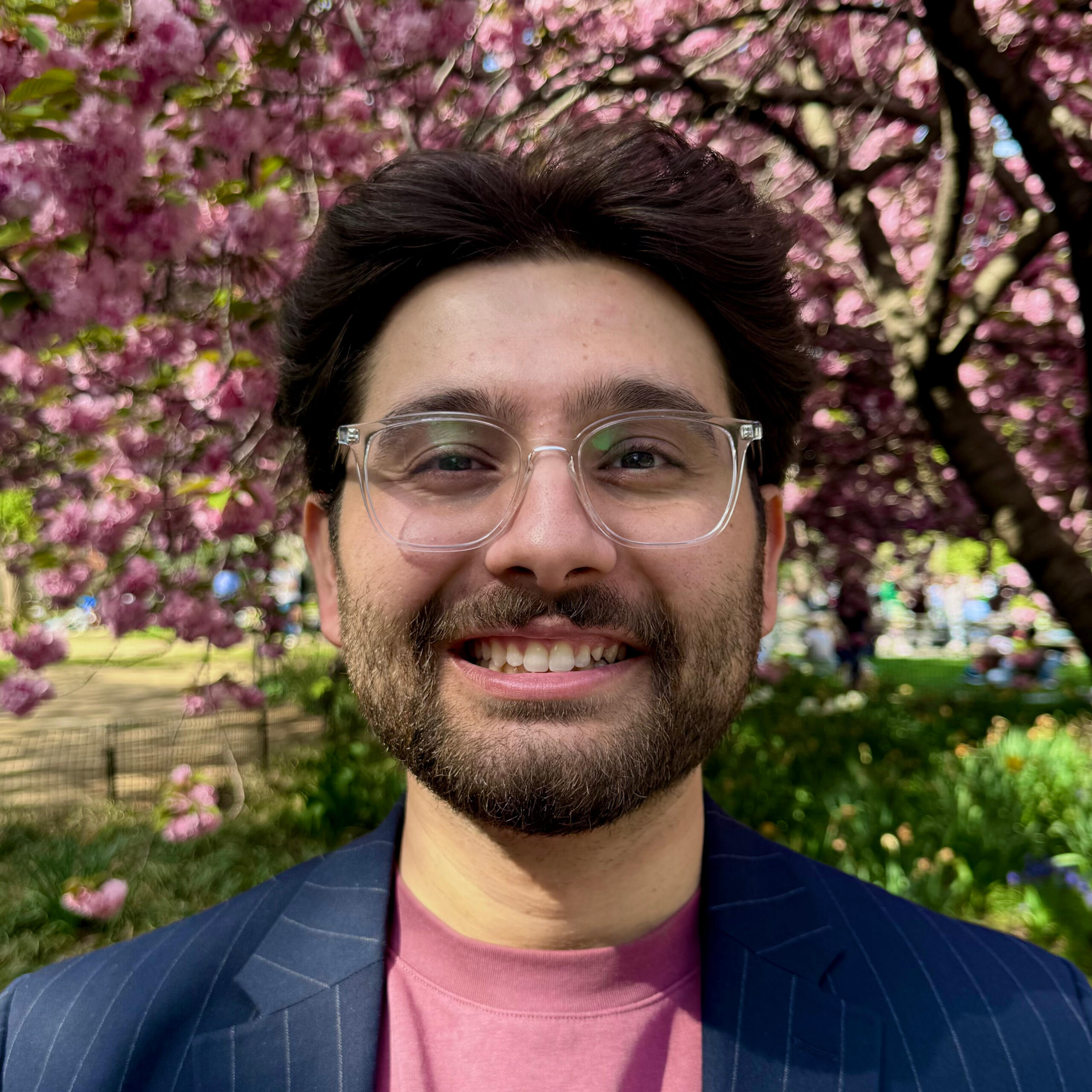
Uğur Özküsen
he/him/his
Ugur is a PhD student in Social Psychology at the University of Pittsburgh, where he works with Dr. Le Forestier. He earned his bachelor's in psychology from Özyeğin University in Turkey and his master’s in psychology at New York University as a Fulbright Scholar. Ugur’s research centers on intergroup conflict resolution, perceived threat, minority groups, and intersectional identities. His current research aims to integrate different social-psychological interventions to reduce group-based disparities and enhance the well-being of stigmatized groups. In his free time, Ugur loves playing squash, cooking vegetarian fusion dishes, and singing—literally anytime, anywhere.
Dr. Le Forestier will be reviewing applications for the 2025 application cycle (i.e., applications to start in September 2026). For more information, visit the Join the Lab page and the University of Pittsburgh's Social Psychology Program website.
Research Assistants (Spring 2026)

Katie Eagan
Senior
Emily Saggio
Senior
Mark Davidson
Senior
Sanai Overton
Senior
Addy Bernas
Junior
Brenna Doty
Junior
Madeline Sherk
Junior
John Myers
Junior
Faith Soisson
Junior
Ethan Santiago
Junior
Briana Traca
Junior
Lauren Bortner
Sophmore
Henry Cooper
Sophmore
Celeste Bernas
Sophmore
Alumni
• Nalanda Ray (lab manager 2024-2025), PhD student at Duke University
Collaborators & Friends of the Lab
• University of Pittsburgh Social Psychology Area
• Elizabeth Page-Gould, University of Toronto
• Alison Chasteen, University of Toronto
• Neil Lewis Jr., Cornell University
• Calvin Lai, Rutgers University
• Christine Logel, University of Waterloo
• Jacklyn Koyama, University of Toronto
• Sabrina Thai, Brock University
• Bethany Lassetter, New York University
• Paolo Palma, Toronto Metropolitan University
• Zi Ting (Louisa) You, University of Toronto
• Pierce Ekstrom, University of Nebraska
• Shernell Hines, University of Toronto
• Rebecca Neel, University of Toronto
• Shayna Skakoon-Sparling, University of Guelph
• Emma Green, University of Wisconsin-Stout
• Quinnehtukqut McLamore, University of Missouri
• Gabriella Alvarez, University of Pittsburgh
• Michael Trujillo, Carnegie Mellon University
Join the Lab
In our lab, we have two ultimate goals. First, to learn about the basic, social-psychological processes that underlie people's intergroup experiences and the success and wellbeing outcomes that follow from those experiences. Second, to learn how to use those social-psychological insights to address important social problems.Diversity, equity, and inclusion are cornerstone values of our lab, as is developing a supportive and collaborative lab culture. Researchers at all levels who are interested in contributing to these goals and upholding these values are encouraged to apply to join the lab.
Prospective Undergraduate Research Assistants
Most research assistants in the lab work for course credit through PSY 1907. For more information, visit the PSY 1907 website. Interested students who cannot or do not want to enroll through PSY 1907 may work in the lab as volunteers.To apply to work in the lab either through PSY 1907 or as a volunteer, please fill out the RA application.
Prospective Honors Thesis Students
Undergraduate students also have the opportunity to write a thesis in the lab as part of the honors program. For more information, visit the Honors in Psychology website.To apply to work with Dr. Le Forestier on your honors thesis, please fill out the Honors Thesis application.
Prospective Graduate Students
Dr. Le Forestier will be reviewing applications for the 2025 application cycle (i.e., applications to start in September 2026). To learn more about the program and how to apply, visit the University of Pittsburgh's Social Psychology Program website.For answers to frequently asked questions about applying to work with Dr. Le Forestier specifically, visit the Application FAQs page.
Applications are equally welcome from prospective students whose interests deepen or broaden the lab's existing scope, and from those whose interests are theoretical or applied in nature. For information about the lab's current research areas, visit our Research page, or read our past papers on our Publications page.
For equity, Dr. Le Forestier does not meet with prospective students before applications are submitted. If you have any specific questions, he will be happy to answer them via email, but you are not required to email him to establish contact prior to submitting your application.
Dr. Le Forestier looks forward to reading your application! Good luck!
Prospective Post-Doctoral Fellows
People interested in working in the lab as a post-doctoral fellow should contact Dr. Le Forestier directly.
FAQ for Applying to the Lab
Is the Lab Accepting New Graduate Students This Year?
Dr. Le Forestier will be reviewing applications for the 2025 application cycle (i.e., applications to start in September 2026). To learn more about the program and how to apply, visit the University of Pittsburgh's Social Psychology Program website.
Pre-Application Meetings and Emails
For equity, Dr. Le Forestier does not meet with prospective students before applications are submitted. If you have any specific questions, he will be happy to answer them via email, but you are not required to email him to establish contact prior to submitting your application.
Lab Research Interests
The Research page is up-to-date with the lab's current research interests. However, students in the lab are strongly encouraged to forge their own, unique research identities while in graduate school. It is thus not a requirement that your research interests match Dr. Le Forestier's exactly. The lab's most competitive applications are those that advance the most exciting ideas on how to understand and use psychological phenomena for addressing important social problems.
Listing Dr. Le Forestier as an Advisor on Your Application
When filling out your application, remember to list Dr. Le Forestier as your intended advisor on both the application form itself and in your statement of goals, otherwise he may not see your application. Dr. Le Forestier admits graduate students through the Social program, so please indicate the Social program as your program of interest on the application. If you are including multiple faculty members' names on your application but there is a primary faculty member with whom you wish to work, please make that clear in your statement of goals.
Timeline for Hearing Back
Dr. Le Forestier typically sends invitations for preliminary interviews in late December, invitations to the department's formal interviews in mid-January, and acceptances into the program in early February.All applicants who receive a preliminary or formal interview invitation will be informed of their status (i.e., rejection, acceptance, or waitlist) as soon as a decision has been made. Because the lab receives a large number of applications each year, Dr. Le Forestier cannot send individual status updates to applicants not receiving interviews. However, applicants needing an update about their status can email him directly.
Media
Writing for Public Audiences
Media Coverage
Tools
Validated Scale
Subjective Identity Concealability Scale
(Le Forestier, Page-Gould, Lai, & Chasteen, 2022)
Other Measurement Tools
Initiation of Intergroup Contact
(Le Forestier, Page-Gould, Lai, & Chasteen, 2020)
Situational Avoidance
(Le Forestier, Page-Gould, Lai, & Chasteen, 2020)
Infographics
Applying to Graduate School
Interviewing for Graduate School
Workshop Slides
Introduction to Open Science Practices (undergraduate audiences)
Basic Simulation-Based Power Analysis (grad student audience)
R Packages
PridePalettes: Color Palettes Based on Pride Flags
SimulPower: Simultaneous Power Analysis for a Set of Statistical Tests
PridePalettes: Color Palettes Based on Pride Flags
PridePalettes is an R package that provides you with Pride flag color schemes to use in your R plots. It also comes with pre-made Pride flags using ggplot2.
Installing PridePalettes
Step 1:
Install the devtools package, which allows you to install packages from GitHub, if you don't have it installed already.install.packages("devtools")Step 2:
Install PridePalettes.devtools::install_github("joelleforestier/PridePalettes")
Using PridePalettes
Step 1:
Load the PridePalettes package.library(PridePalettes)Step 2:
Make your graph!The pride_palette function returns character vectors of HEX codes representing colors on the Pride flag of your choice, in the order they appear on the flag. So, supplying it to the arguments in your plotting function that require a list of colors will color your graph like the flag. For example, the following code creates a bar chart using the colors from the Philadelphia People Of Color Pride Flag:library(ggplot2)means <- c(1, 2, 3, 4, 5, 6, 7, 8)
groups <- c("A", "B", "C", "D", "E", "F", "G", "H")
data <- data.frame(means, groups)ggplot(data = data, mapping = aes(x = groups, y = means)) +
geom_col(aes(fill = groups)) +
scale_fill_manual(values = pride_palette("philly_poc_pride"))PridePalettes also includes the flag function, which generates pre-made Pride flags using ggplot2. For example, the following code generates the Trans Pride Flag:flag("trans_pride")For additional guidance and a full list of available palettes, refer to each function's help page:?pride_palette
?flag
Colorblind-Friendly Palettes
While PridePalettes is primarily intended for use as a novelty, anyone who uses it for data visualization they intend to share with others should be mindful that not all Pride flags translate into in color blind-friendly palettes. However, some do! Those using PridePalettes for data visualization are encouraged to choose from the following list of flags that are colorblind-friendly for three of the most common forms of colorblindness (i.e., protanopia, deuteranopia, and tritanopia).
Agender Pride Flag
Aromantic Pride Flag
Asexual Pride Flag
Genderqueer Pride Flag
Nonbinary Pride Flag
Pansexual Pride Flag
Trans Pride Flag
SimulPower: Simultaneous Power Analysis for a Set of Statistical Tests
SimulPower is an R package for simulating simultaneous power for a set of statistical tests.SimulPower is a work-in-progress. The current version is Version 0.8.0, updated in July 2021. While you may feel free to use it, please also check back for updates in the future. If you have feedback, I'd love to hear it via email!
Installing and Using SimulPower
Information for installing and using SimulPower can be found here: https://doi.org/10.31219/osf.io/w96uk.
Citing SimulPower
Le Forestier, J. M. (2020). SimulPower: Simultaneous power analysis for a set of statistical tests. https://doi.org/10.31219/osf.io/w96uk.
